Disconnect to reconnect: Why digital detoxing is the survival skill of our time
In an era where attention is currency and distraction is the norm, the real rebellion is switching off. Techmag explores the mental cost of our screen addiction and the growing movement towards digital detoxing—because sometimes, the smartest tech decision is knowing when to unplug.
In a world obsessed with screens, notifications, and constant connectivity, our most revolutionary act may well be to disconnect simply. The irony isn't lost: you're reading this on your smartphone or laptop, possibly switching between tabs, messages, and alerts. But pause for a moment. Ask yourself, when was the last time you spent a day—let alone a few hours—completely free from digital distractions?
The reality is stark. We have become slaves to our devices, people with an addiction chasing dopamine hits with every swipe, click, and scroll. Our addiction to digital connection has made disconnection—the once natural state of being—a forgotten art. Yet, digital detoxing is not just a trendy wellness gimmick; it has become an essential survival skill for mental and emotional well-being in the digital age.
The hidden costs of connectivity
The costs of our digital obsessions are alarming and tangible. Sleep deprivation is rampant, productivity plummets, anxiety spirals, and genuine human relationships suffer. We are more "connected" than ever, yet paradoxically lonelier and more isolated. A 2023 global study by Deloitte revealed that 85% of adults check their phones within 15 minutes of waking, setting off stress responses before the day even begins.
The impact on our work life is equally concerning. Multitasking, once praised, is now scientifically debunked as a productivity killer. Employees who are constantly interrupted by emails or instant messages can experience up to a 40% drop in productivity, according to a study by the University of California, Irvine. We pride ourselves on being always reachable, yet this hyperconnectivity has made us inefficient, distracted, and perpetually stressed.
The youth crisis
Perhaps nowhere is the digital dependence more troubling than among young people. A generation is growing up knowing nothing but digital immersion, their identities intertwined with likes, shares, and virtual validation. Social media platforms, engineered to be addictive, have dramatically altered youth behaviour, making depression and anxiety endemic among adolescents. A report from the Pew Research Centre highlights that over 60% of teenagers feel pressure to look good on social media, while almost half report feeling anxious when disconnected.
Digital dependence is shaping how young minds develop. Constant screen exposure and online stimulation are changing how brains process information and emotions. Young people increasingly struggle with face-to-face interactions, empathy, and even attention spans. Schools worldwide report alarming increases in attention-deficit disorders, anxiety, and depression linked directly to digital overuse.
Recognising these dangers, countries like Australia have enacted historic legislative action. In November 2024, Australia passed world-first legislation banning social media accounts for anyone under 16, including Facebook, Instagram, TikTok, Snapchat, X, and—as of July 2025—YouTube. The law will take effect in December 2025, mandating that platforms implement age-verification systems or face fines up to A$50 million. This bold move reflects serious concerns about exposure to harmful content, cyberbullying, and mental health decline among teenagers.
As Dr Jean Twenge, a psychologist and author of "iGen," remarks, "We are facing an unprecedented mental health crisis in our youth, largely fuelled by unregulated digital exposure. Decisive measures like Australia's are essential in turning this tide."
The urgent need to detox
Detoxing digitally isn't just beneficial—it is critical. Stepping away from screens restores cognitive clarity, enhances creativity, and improves overall mental health. Studies repeatedly demonstrate that even short digital detoxes enhance memory, sleep quality, and emotional regulation. The University of Michigan found that students who took just a one-week break from Facebook showed significant improvements in happiness, life satisfaction, and reduced feelings of loneliness.
Moreover, digital detoxing reconnects us with the physical world and ourselves. It allows for introspection and deeper human connections, crucial elements being rapidly eroded by the superficial interactions that dominate our digital lives. When we detox, we replace superficial scrolling with meaningful moments—reading, exercising, socialising in person, and simply observing the world around us. These activities not only nourish our mental health but also rewire our brains, reminding us of the authentic joys beyond our screens.
Tech entrepreneur and author Cal Newport, famous for his book "Digital Minimalism," emphasises, "Digital detoxes aren't just a break from tech; they're an essential strategy for living a focused and intentional life."
Practical methods for digital detoxing
Detoxing digitally need not be an all-or-nothing affair. Practical, manageable changes can dramatically shift our digital habits. Here are several effective methods:
Device-free time: Dedicate specific hours each day to be entirely screen-free, particularly in the mornings and evenings.
Tech-free zones: Create specific areas in your home, such as dining rooms and bedrooms, where devices are banned.
Digital sabbaths: Commit to one full day per week entirely free from digital devices.
No-notification policy: Disable non-essential notifications to prevent constant interruptions.
Mindful engagement: Establish intentional periods for checking emails or social media, rather than frequent, compulsive checks.
Physical alternatives: Replace digital entertainment with physical books, outdoor activities, hobbies, or social gatherings.
Work boundaries: Enforce strict digital boundaries between work and personal time, resisting the urge to check work communications during off-hours.
Companies, too, can embrace this detox ethos. Encouraging employees to switch off outside working hours, implementing no-email weekends, or establishing mandatory tech-free breaks can radically improve workplace morale and productivity. Employers must recognise that digital wellness isn't just an employee perk—it's a business necessity.
Prioritise digital health
Tech companies themselves bear a heavy responsibility. They must actively mitigate the addictive qualities of their products rather than exploiting human vulnerabilities. Regulators and educational institutions must also step in, introducing guidelines for healthy digital usage and embedding digital literacy into curricula from early schooling stages.
As individuals, the responsibility ultimately rests with us. The next time you find yourself aimlessly scrolling or compulsively checking notifications, stop and consider: Is this enhancing my life, or detracting from it?
It's time we reclaimed our digital autonomy, consciously choosing when and how we engage with technology. Digital detoxing is no longer an option; it's a necessity for our mental, emotional, and social survival. Disconnect, breathe, and remember what it feels like to connect with yourself and others genuinely. It may be the most crucial step you take toward lasting well-being and genuine human happiness.







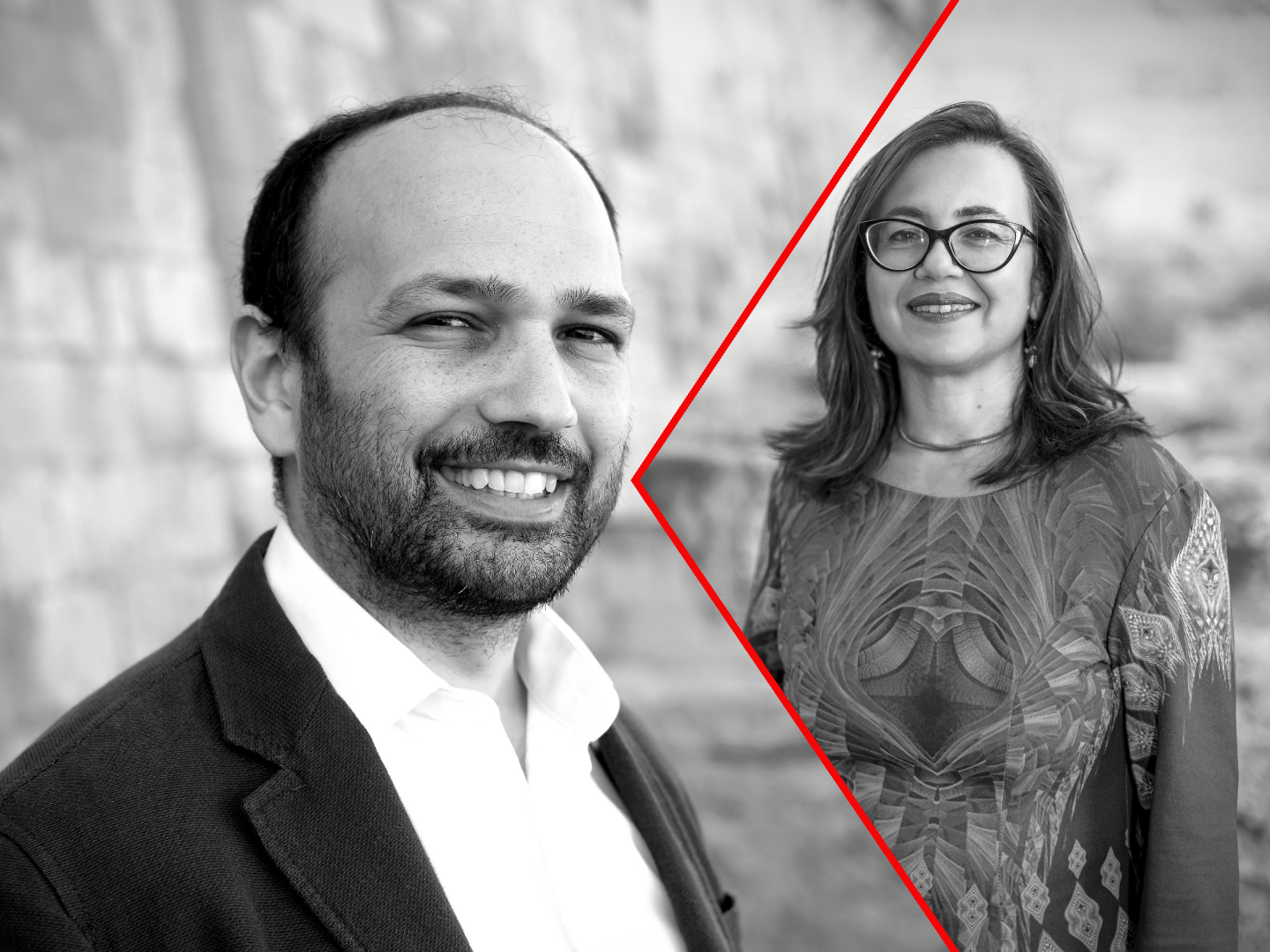
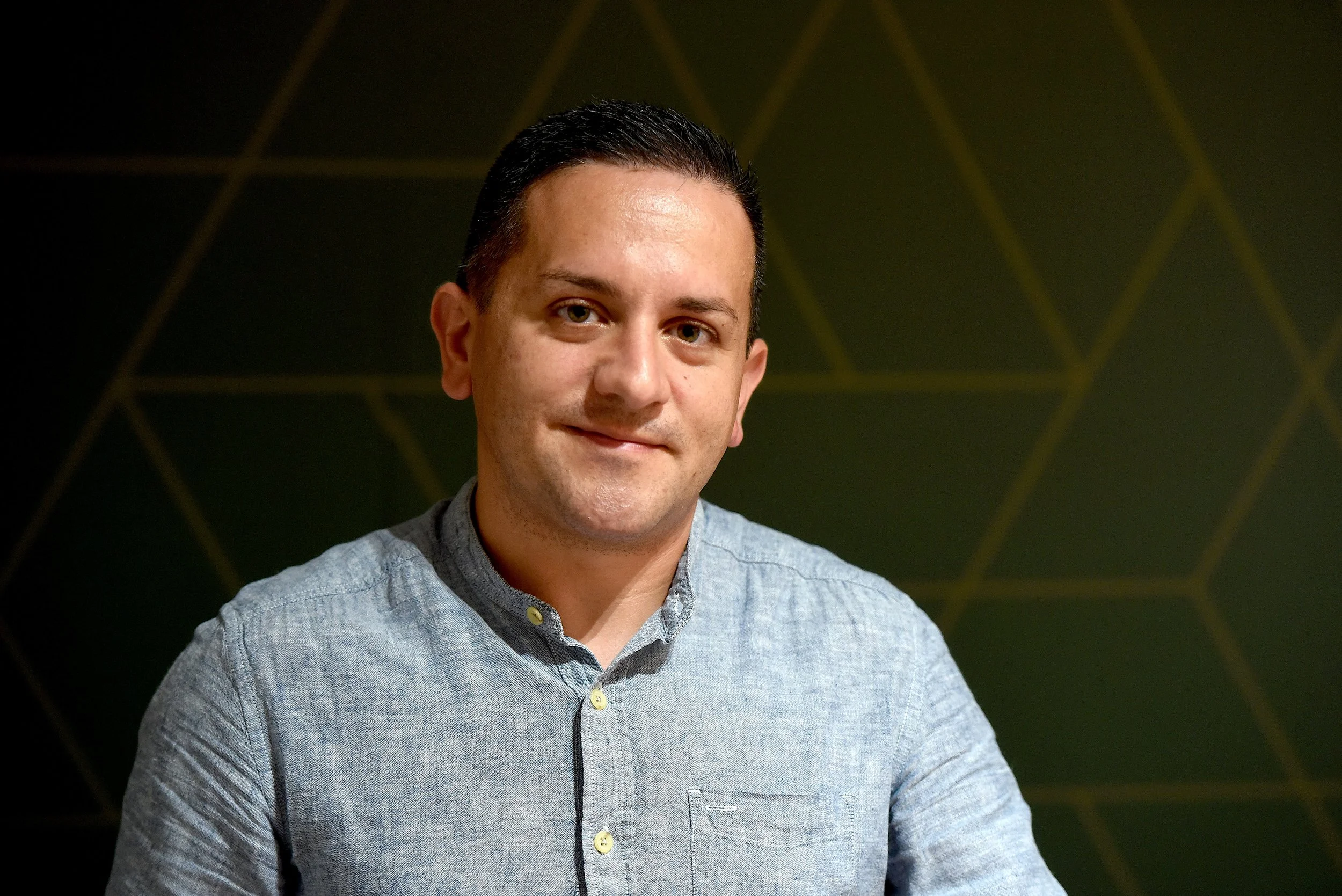


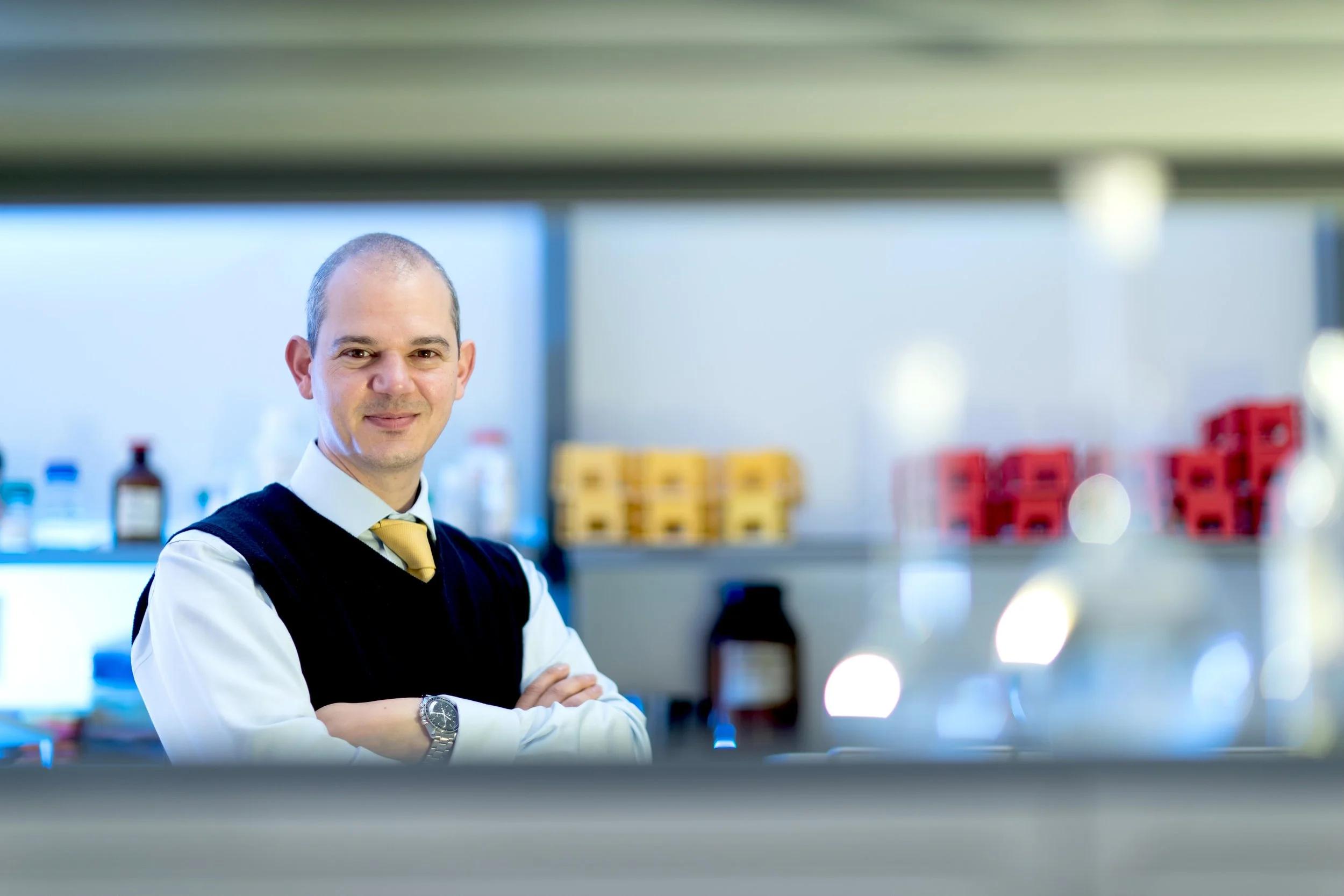

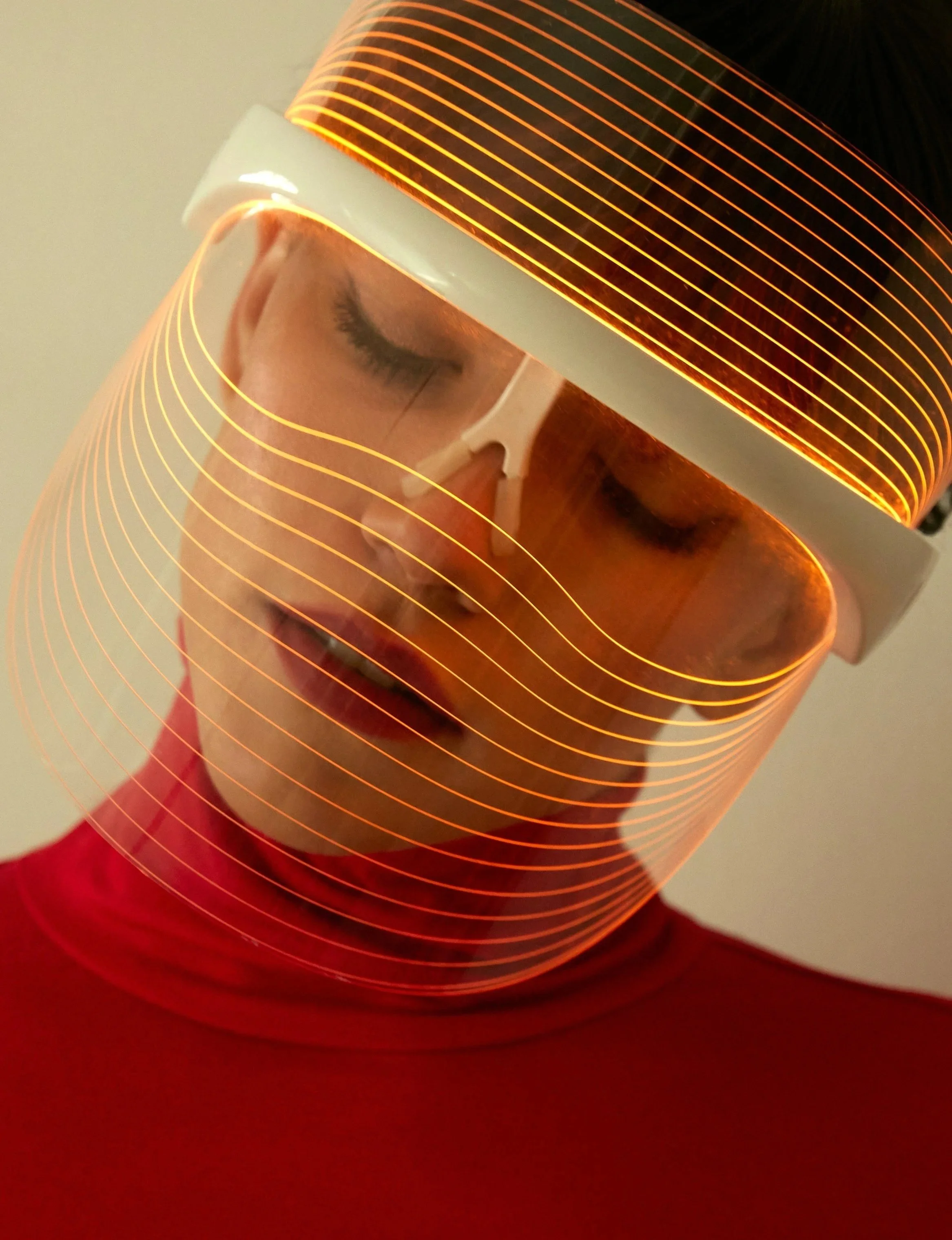




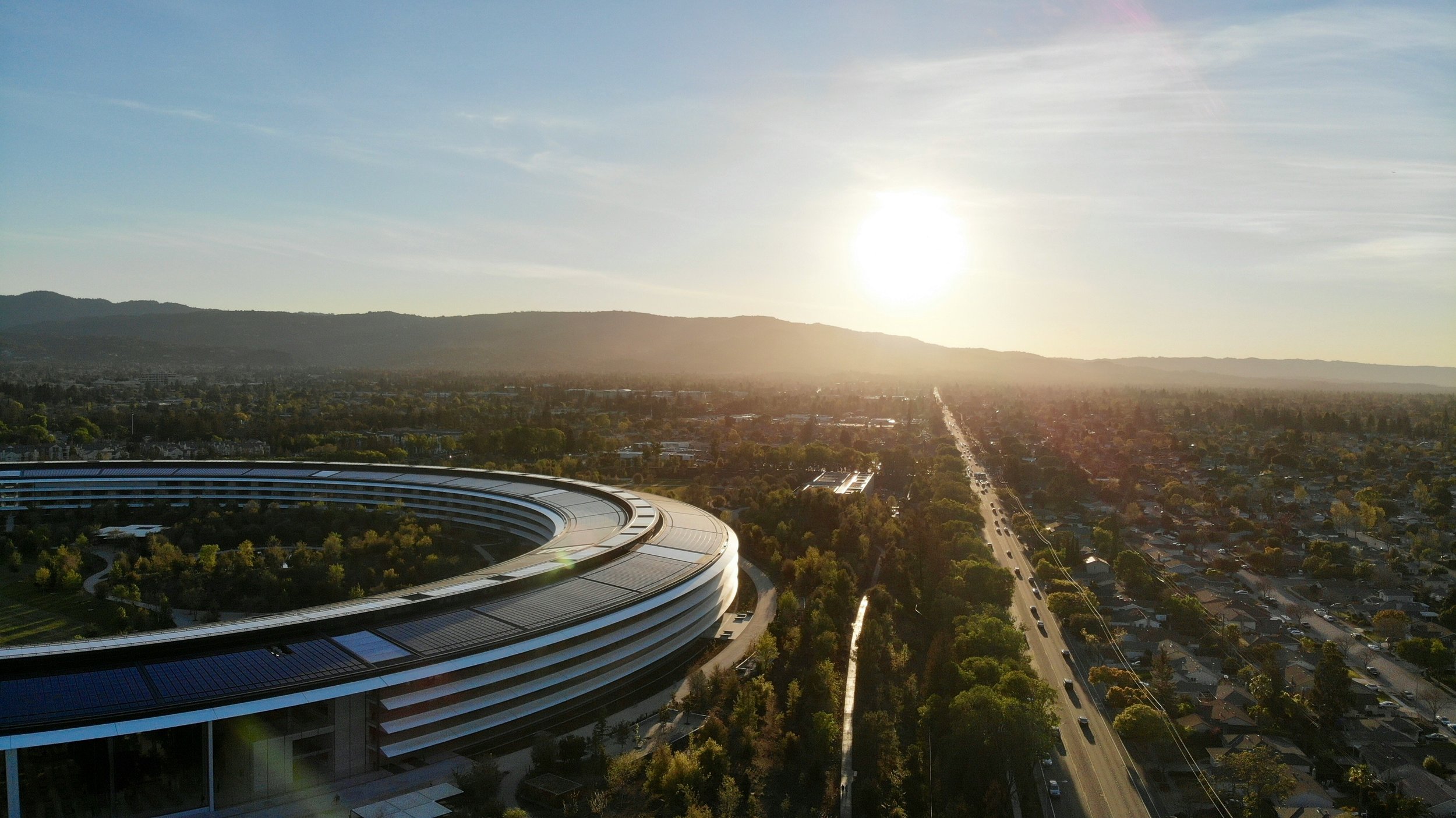

Malta’s surveillance network is growing—CCTV cameras, biometric ID cards, and facial recognition trials—yet there’s little debate or oversight. Manuel Delia investigates how rapid digital transformation is reshaping governance, redefining citizenship, and eroding privacy under the guise of convenience, safety, and technological progress.